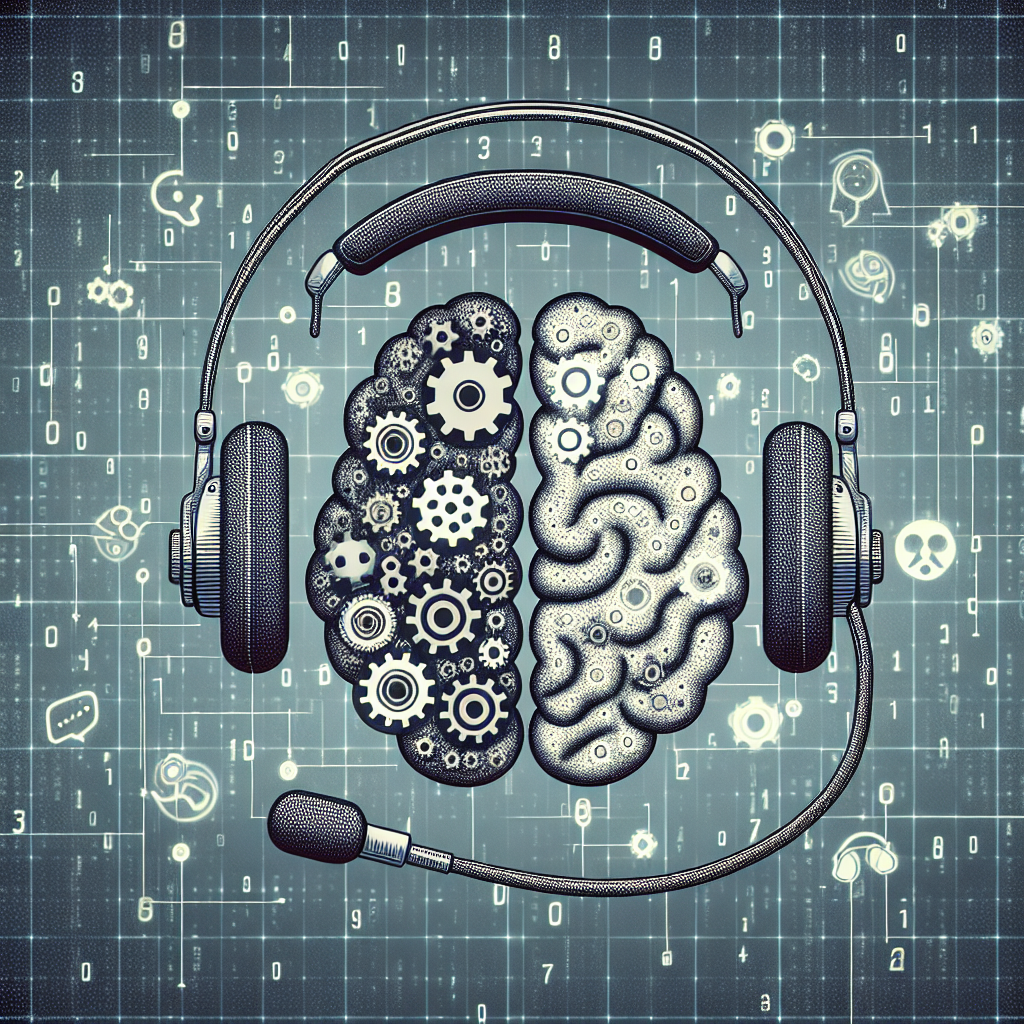The Use of Natural Language Processing (NLP) in Customer Service
Natural Language Processing (NLP) is a branch of artificial intelligence that focuses on the interaction between computers and human language. It enables computers to understand, interpret, and generate human language in a way that is both meaningful and natural. NLP has a wide range of applications, including machine translation, sentiment analysis, and information retrieval. One area where NLP is making a significant impact is in customer service.
In the past, customer service interactions were limited to phone calls or emails, which could be time-consuming and frustrating for both customers and service representatives. With the advent of NLP technology, customer service interactions have become more efficient, personalized, and convenient.
One of the key benefits of using NLP in customer service is the ability to automate responses to common inquiries. By analyzing the language used in customer inquiries, NLP systems can generate appropriate responses in real-time, saving time and effort for both customers and service representatives. This not only improves efficiency but also enhances the overall customer experience.
Another advantage of NLP in customer service is its ability to analyze customer feedback and sentiment. By analyzing the language used in customer reviews, comments, and social media posts, NLP systems can identify trends, patterns, and issues that may be affecting customer satisfaction. This allows companies to address customer concerns proactively and improve their products or services accordingly.
Furthermore, NLP can be used to personalize customer interactions. By analyzing customer data and preferences, NLP systems can tailor responses and recommendations to individual customers, making interactions more relevant and engaging. This personalization can lead to increased customer loyalty and satisfaction.
Overall, the use of NLP in customer service offers a range of benefits, including improved efficiency, enhanced customer experience, and personalized interactions. As NLP technology continues to advance, its applications in customer service are likely to expand further, revolutionizing the way companies interact with their customers.
FAQs
Q: How does NLP help improve customer service interactions?
A: NLP helps improve customer service interactions by automating responses to common inquiries, analyzing customer feedback and sentiment, and personalizing interactions based on customer data and preferences.
Q: Can NLP be used to handle complex customer inquiries?
A: Yes, NLP can be used to handle complex customer inquiries by analyzing the language used in inquiries and generating appropriate responses in real-time.
Q: How does NLP benefit companies in terms of customer satisfaction?
A: NLP benefits companies in terms of customer satisfaction by enabling them to address customer concerns proactively, improve products or services based on customer feedback, and personalize interactions to meet individual customer needs.
Q: What are some examples of companies using NLP in customer service?
A: Many companies are using NLP in customer service, including chatbots that provide automated responses to customer inquiries, sentiment analysis tools that analyze customer feedback, and personalized recommendation engines that tailor interactions to individual customers.
Q: How can companies implement NLP in their customer service operations?
A: Companies can implement NLP in their customer service operations by integrating NLP technology into their existing systems, training their service representatives to use NLP tools effectively, and continuously monitoring and improving their NLP applications to enhance customer satisfaction.

